
OR

Failure to hold the local polls on May 14 could lead the country to a serious political and constitutional crisis
Nepal will go to the ballot box, for the first time in 20 years on May 14, to elect representatives for local governments. The date for local elections was announced despite protests from Madheshi parties and others. Other political parties are also divided over election issue.
Madheshi forces want elections to happen only after necessary amendments in the constitution.
They argue that local election will be meaningless because local units cannot function unless provincial assemblies are first formed. They are of the view that holding elections before finalizing state restructuring process is a ploy to sabotage federalism.
Parties like CPN-UML and RPP, on the other hand, seem more committed towards elections. They do not see the need for constitution amendment now. Nepali Congress is a divided house. People themselves are excited and election tempo has already taken the momentum. The Election Commission has already enforced election code of conduct and other preparations are in full swing.
In this context, I will discuss in this article why local election must take place and what will happen if it cannot be conducted now.
This election is a must for the country to institutionalize and strengthen democratic norms and values at the grassroots. It is more so in the post-conflict societies like Nepal which have witnessed regime changes and the onset of new social, political economic issues. Elections will help to build the civic trust. Election is vital to implement the constitution and to institutionalize federalism. In fact, local election will legitimize and consolidate the changes the country has achieved so far. Moreover, it will also pave the way for the provincial and federal elections which must be held before January 2018.
Locally elected bodies were dissolved in 2002 when the country was in conflict. Ever since, there has been a persistent vacuum in the local governance system which has created a situation of hopelessness among the people. The absence of elections for local bodies has strained the already fragile peace process due to ongoing political competition at the national level. The local bodies so far are being handled by bureaucrats appointed by the central government. This arrangement has not served the people. Instead, it has led to serious cases of irregularities and embezzlement of fund allocated for local development activities. Elected representatives will help end all such problems because they must be accountable to local people.
Inability of the transitional government in setting up an effective governance mechanism has not only led to political instability and erosion of trust in the state institutions but also prevented the people to realize fruits of democracy. Continual absence of elected representatives has alienated the citizens from the state. They have been prevented from participating in the decision making process.
People’s participation, if any, has been used as a tool by various actors to materialize their own vested interests. There is a wide rift between the government and the governed. Election is the only way to reach out to the people and minimize this gap.
Local elections will also ensure inclusive approach in local development activities. The current electoral mechanism ensures participation of women, indigenous nationalities, Dalits, Madhesis, Muslims and other socio-economically backward communities in the political process. This will allow the people to benefit from governance at the grassroots. It will help institutionalize the achievements of the new constitution, for which Nepalis have waited for so long and struggled.
Elected local bodies will play an instrumental role in enhancing the economic development at the grassroots by creating economic opportunities. Most of all, local election will provide an opportunity to develop new leadership in the local level.
In the absence of local elections, local political space has been hijacked by power brokers and businesspersons. It has been mostly used for financial gains. Conduction of local elections will also move ahead the process of implementation of federalism, key component of the constitution. In the absence of elected representatives at the grassroots, the huge amount of fund that has come for post-earthquake reconstruction remains either untapped or completely mismanaged. Local election can thus contribute to spearheading the long stalled post-disaster reconstruction process as well. But what if local polls cannot be conducted on May 14? Consequences will be huge.
First, it is sure to bring serious political and constitutional crisis in the country, besides depriving people the right to elect their representative themselves. It could lead the country to a new kind of conflict. The possibility is real. Not holding local polls will stall meaningful settlement of long and difficult transition to democracy.
This said, it is also equally important to ensure maximum participation of maximum number of political forces in the election process. Otherwise question of legitimacy will arise. This, in turn, might bring unfavorable outcomes.
There are real challenges to holding local election. Political parties have not yet agreed on modality of election. They have failed to come to consensus as to whether the polls should be held at one go on May 14, or in two phases. Conducting elections in two phases may further polarize the country. It can complicate the future political process as well. If local election is held in second phase only in Madhesh, it will send a wrong message of segregation and alienation of Madhesis by the state. At the same time, if we cannot hold the polls on stipulated date, it will put our peace process in peril. All the political parties including Madheshi forces must understand the gravity of the issue and agree to go to the polls. People must vote. They do not have other option.
The author teaches at the Department of Conflict, Peace and Development Studies, Tribhuvan University
You May Like This
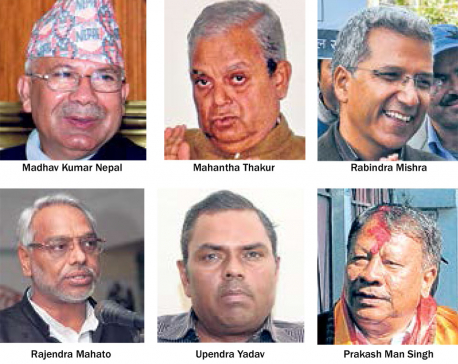
Some leaders to miss vote, others to be unable to vote for themselves
KATHMANDU, Dec 7: Some senior political leaders will be unable to vote for their own candidacies in Thursday’s first elections under... Read More...

Lady Gaga hints reason behind her split with Taylor Kinney
LOS ANGELES, Nov 28: Singer Lady Gaga has hinted at why her engagement to actor Taylor Kinney was called off. Read More...
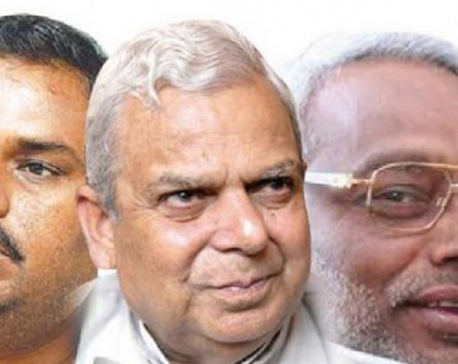
UDMF sets new condition to vote for Dahal
KATHMANDU, Aug 1: United Democratic Madhesi Front (UDMF) has presented a proposal before the taskforce to vote for CPN (Maoist... Read More...
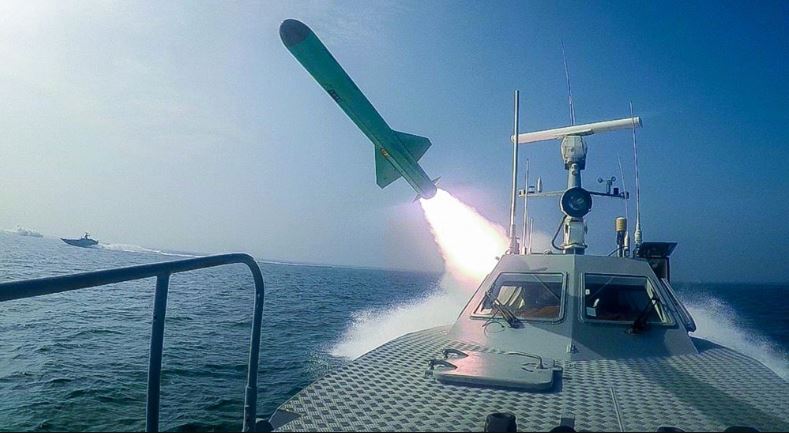


Just In
- NEPSE plunges below 2,000 points after one and a half months; daily turnover declines to Rs 2.10 billion
- AI Index Report-2024: AI still behind humans on complex tasks like competition-level mathematics
- Daiji-Jogbudha road construction at snail’s pace
- Govt fails to adopt podway technology despite its potential in Nepal
- Jhulaghat border crossing in Baitadi to remain closed from this evening
- Universities will be free from partisan interests: Education Minister
- CIAA files cases against five, including ex-chief of Social Development Office Dolpa
- Kathmandu witnesses surge of 2,000 new commercial bank branches in six years




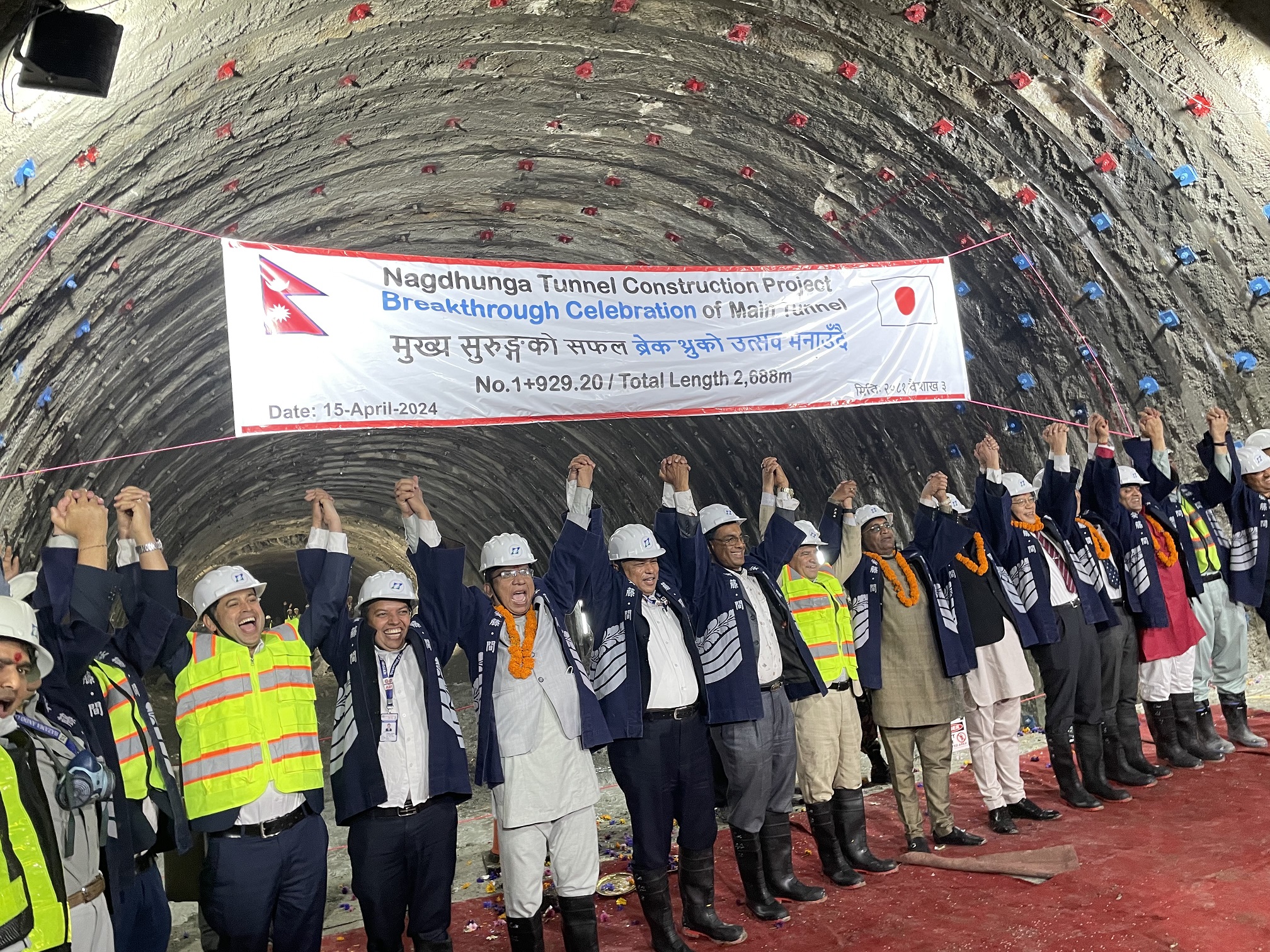




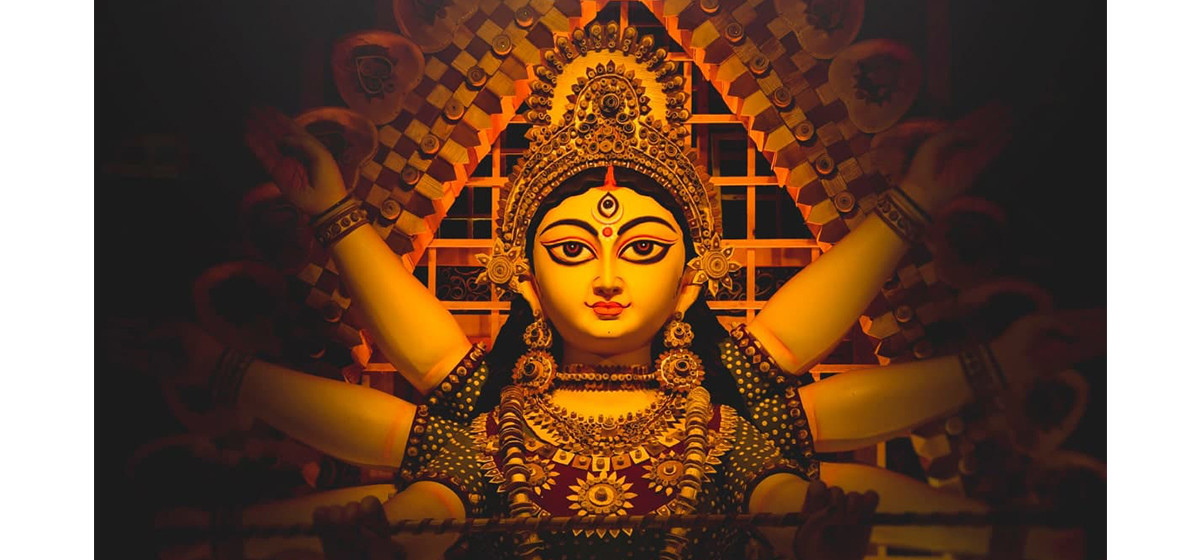
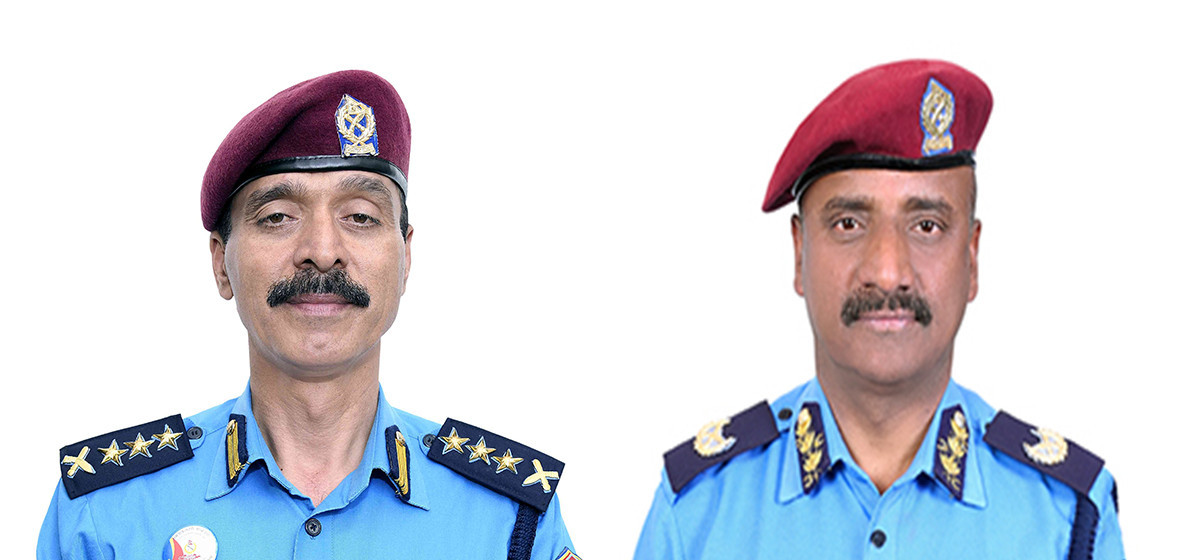
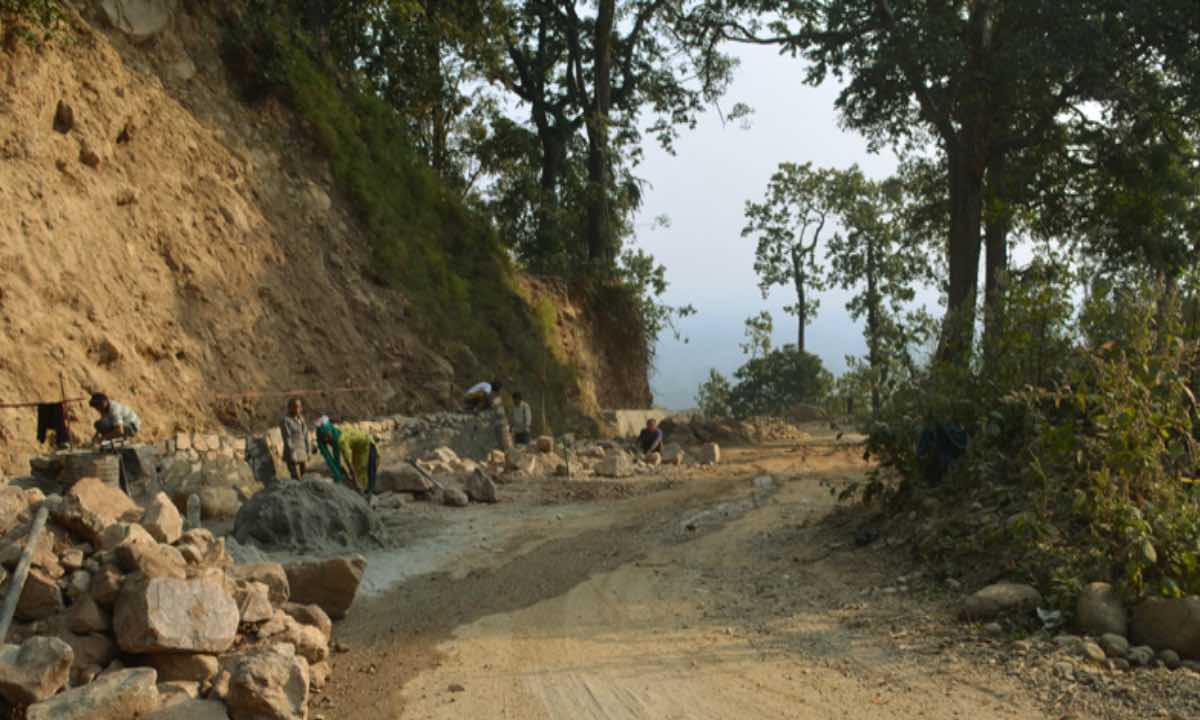

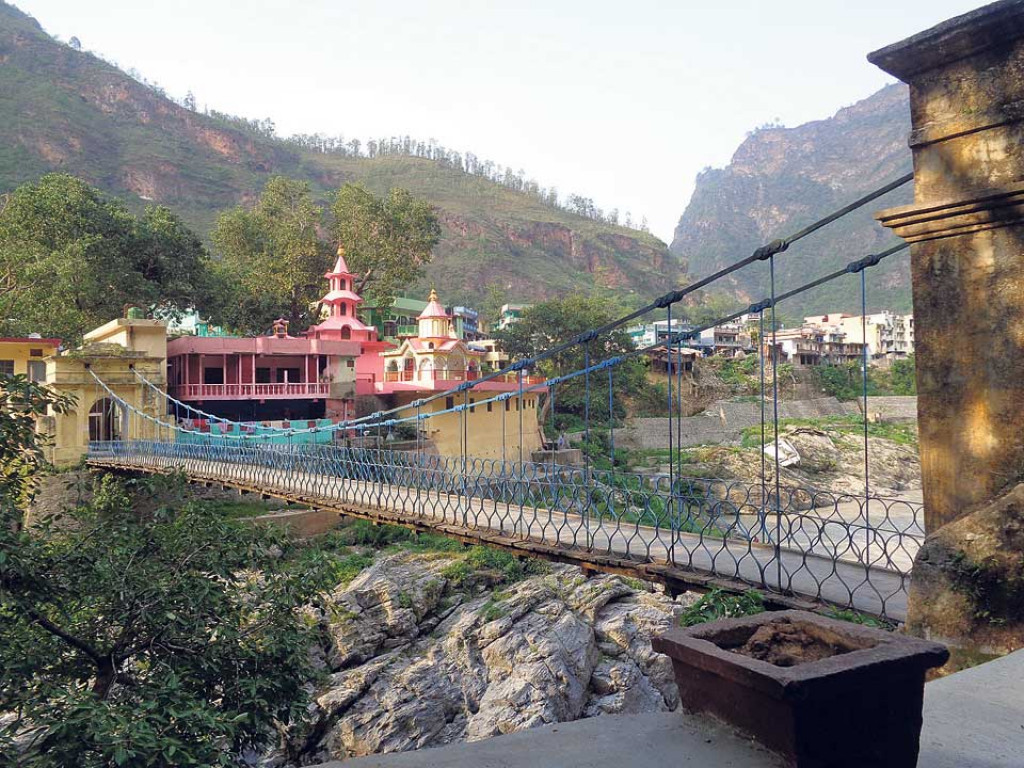
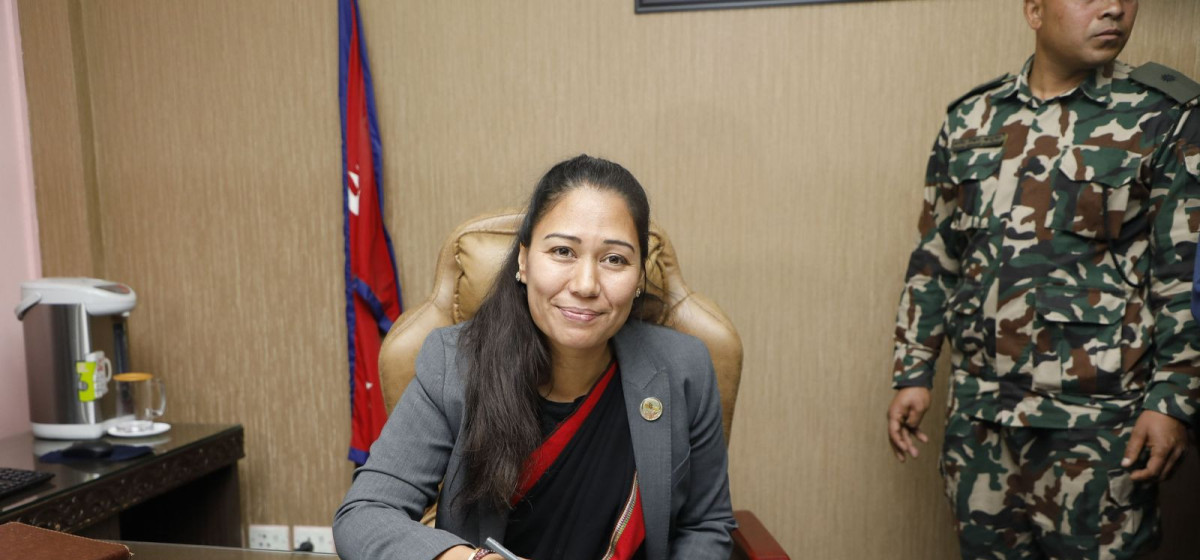
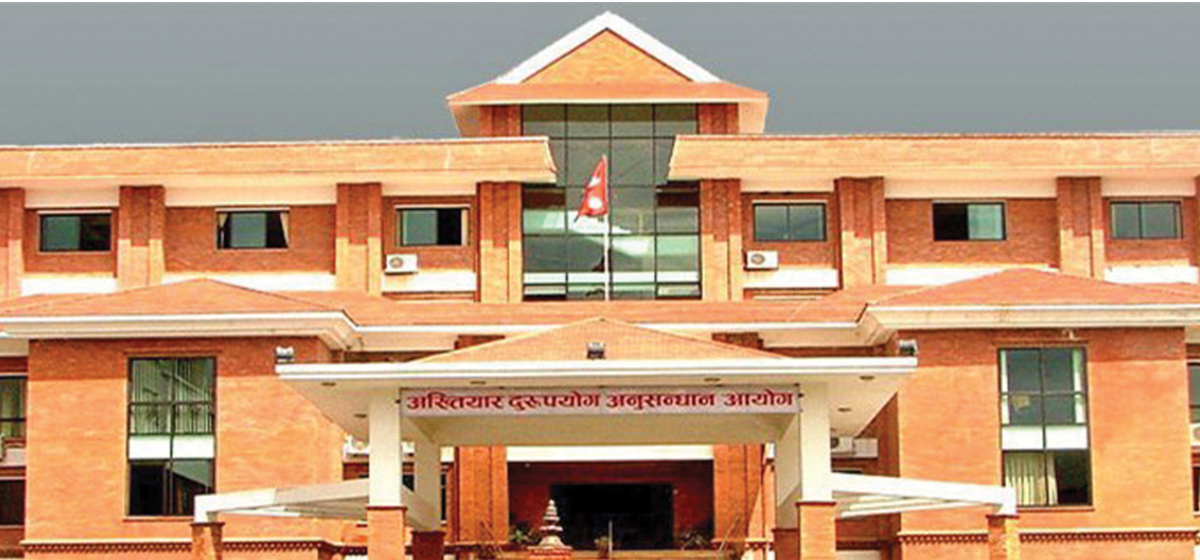

Leave A Comment